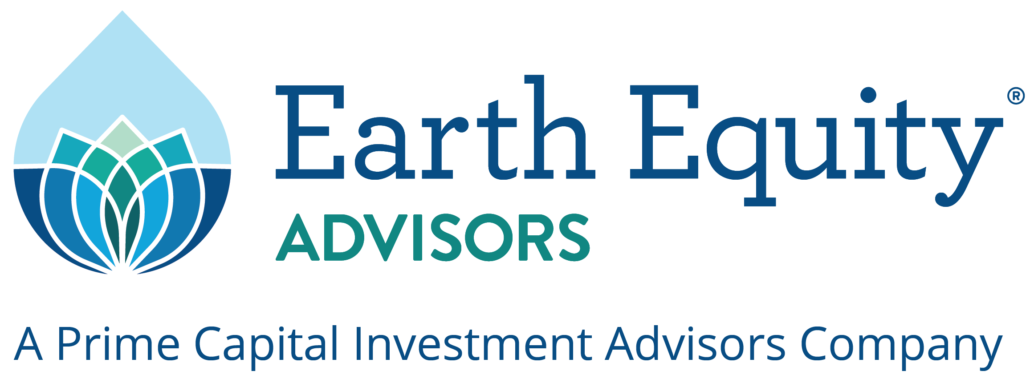Washington Advocacy Trip: Part 2
You learn a lot about the political process by walking the halls of Congress. Not much goes on in the chambers, but much goes on in the offices and halls of the Senate & House office buildings.
We started off our Tuesday morning meeting with Peter Rogoff, Undersecretary of Transportation. Transportation has been a hot topic, as the transportation trust fund has been severely underfunded for years. Much of this has to do with the fact that the gas tax has not been raised since 1993. Over that time, CAFE standards have risen while average miles driven has dropped. The result is the situation we have right now.
Our group had concerns about overall funding, but also that proposed transportation bills lack progressive solutions to transportation, such as public transit, ride-sharing and technology. One such piece of technology we used as an example was Ridescout. The app provides multiple options for getting from point A to point B, including walking (and how many calories you would burn), using Uber and Lyft, public transportation and cars. The tech term is “Mobility-as-a-Service.” My colleague, Mark Bauhaus from Silicon Valley was a strong proponent these technology solutions.
We heard several options for funding as we headed over to the Senate offices for more meetings. We met with both sides of the aisle, and they all had a similar message – we don’t know where the money is going to come from. Some advocate raising the gas tax and attaching an automatic inflation increase while some want to use re-patriated funds from corporations to cover costs. We heard from Ethan Garber that truckers are actually in favor of raising the gas tax. Some want to change the word tax to “user fee.” We were concerned that using the re-patriated funds is only a short-term solution.
Just about everybody agreed that nothing was going to happen during this Congress and that another stop-gap funding solution is in the works. The unfortunate aspect is that they have used a technique called smoothing federal pensions to pay for the gap in funding. Basically, they have raided workers pensions – that’s not right!
I have to say that I was very impressed with the ten Senate offices that we met with, both Republican and Democrat. Most meetings were with staffers, but Senator Boozman, a Republican from Arkansas, agreed to meet with us. Like the staffers we met, the Senator listened, asked good questions and was genuinely interested in what we had to say.

Our team meeting with Arkansas Senator Boozman
We talked a lot about the economic side of things. Being green is green! For example, we discussed the number of jobs that clean energy has brought to the US. In fact, California now has more clean energy jobs than Hollywood jobs!
As businesspeople, we advocated for policies and legislation that enables clean energy business owners to write long-term business plans. Tax incentives for renewable energy (solar, wind & efficiencies) are an on-again/off-again proposition, while subsidies for fossil fuels are permanent. We simply would like to see a level playing field for all types of energy, not just the deep-pockets of oil, gas and coal. So, with equivalent incentives, clean energy business owners can lay out long-term business and employment plans.
And our last topic of the day, we also discussed the option of CEITs (Clean Energy Investment Trusts) as a way to fund clean energy projects. REITs (Real Estate Investment Trusts) are a proven way to fund housing/office/retail development and provide cash flow to investors. An equivalent investment vehicle would foster additional clean energy development plus it would give a market signal that government was behind it.
Part 3 will cover our Wednesday meetings and other issues we discussed with the administration and legislators.








